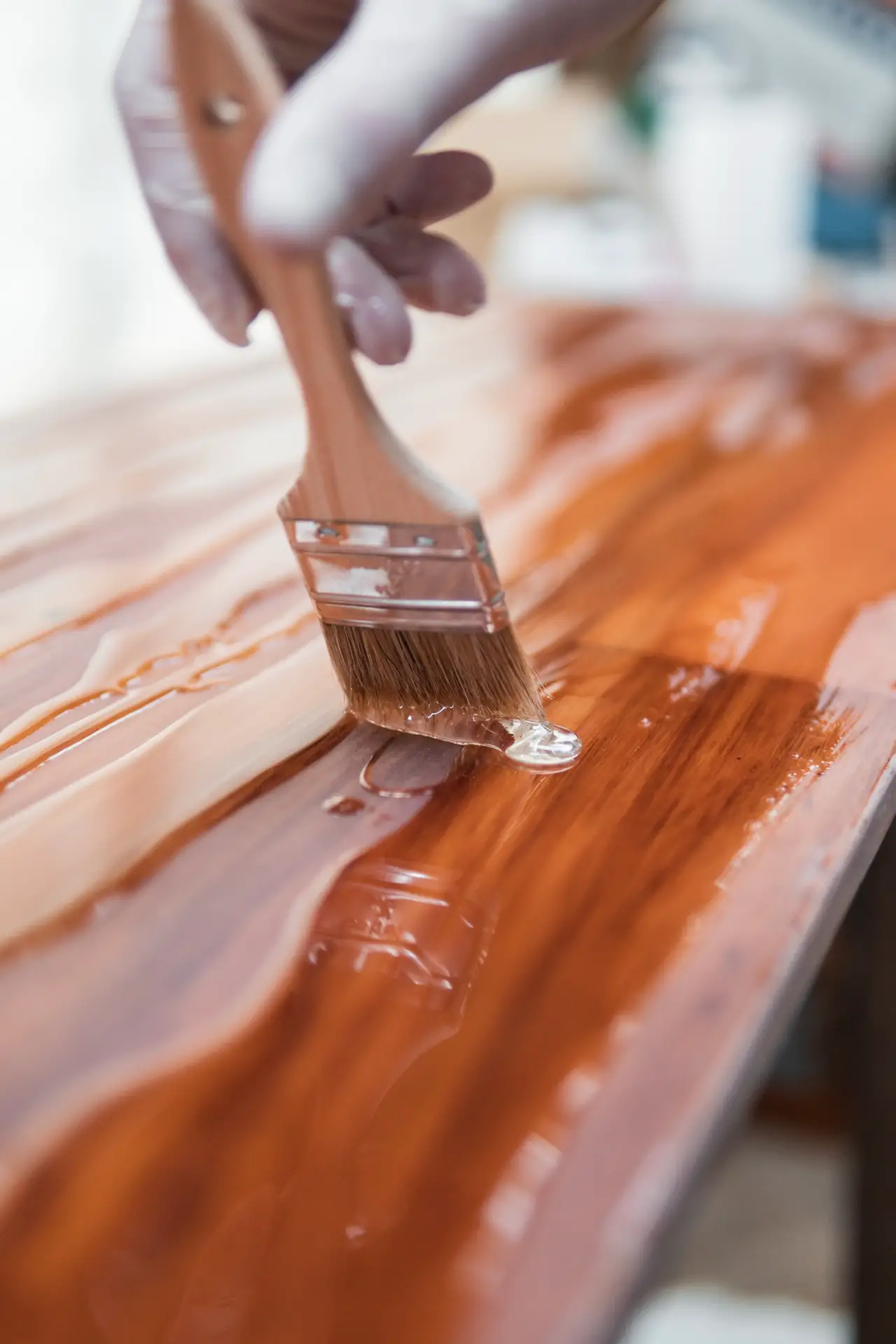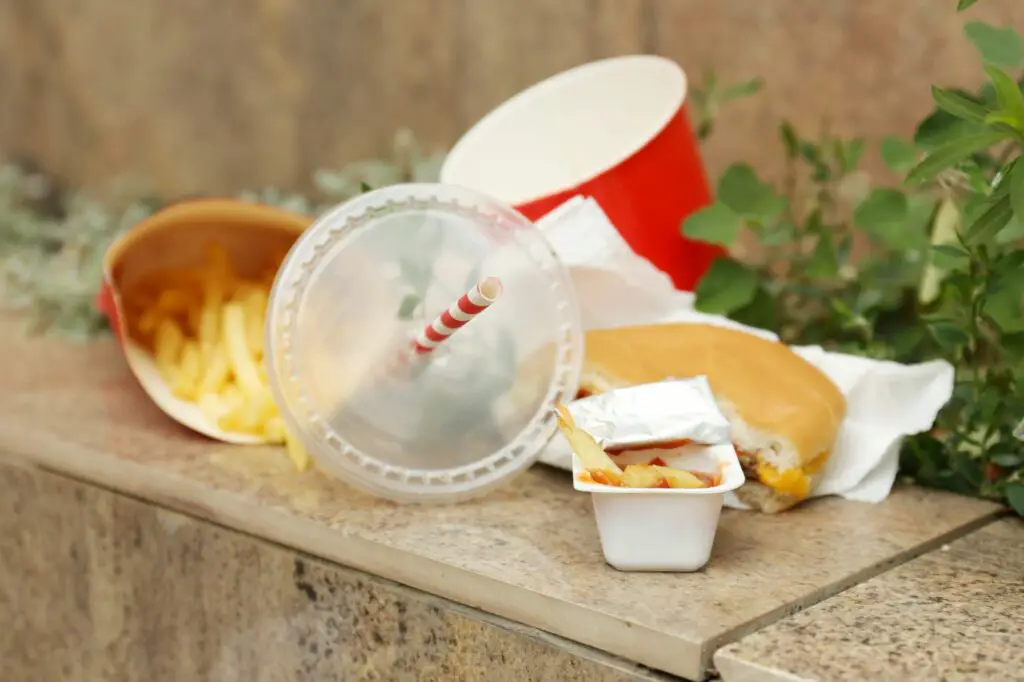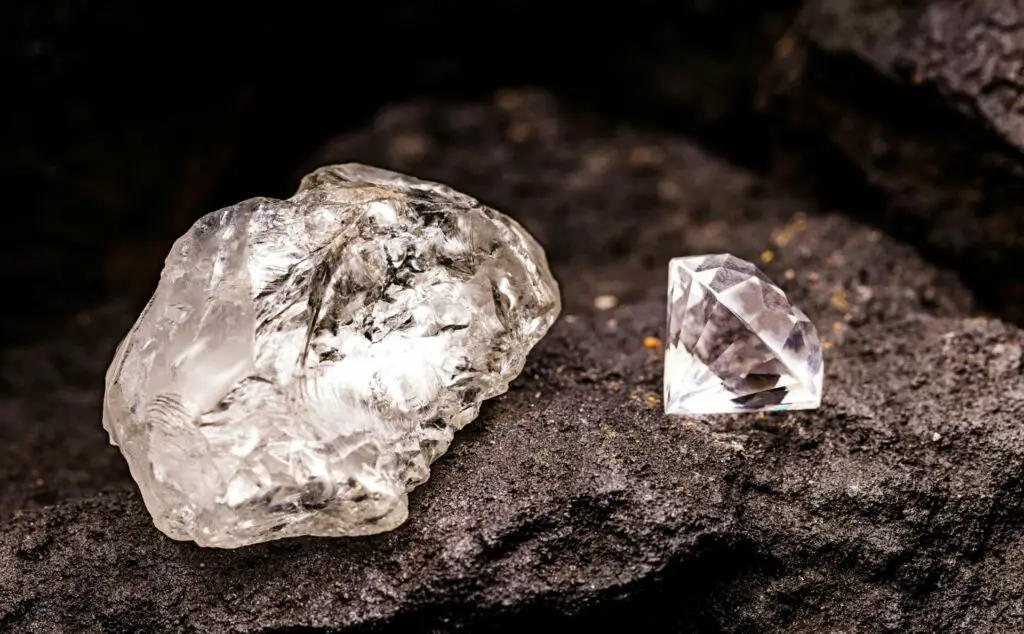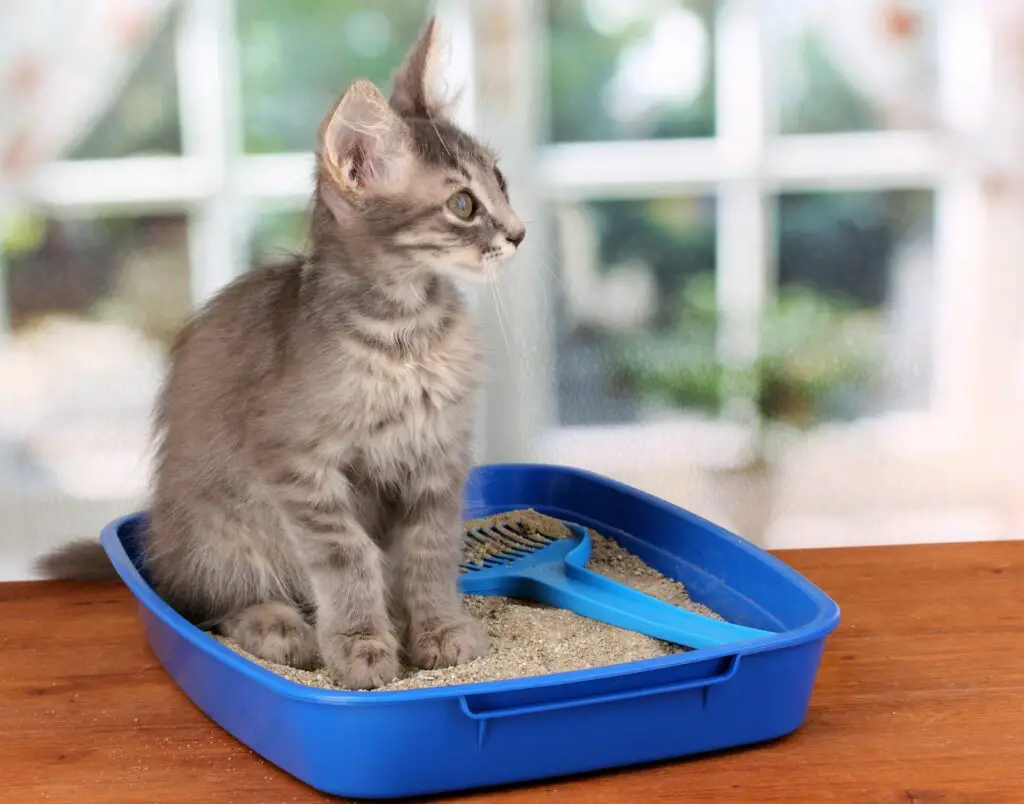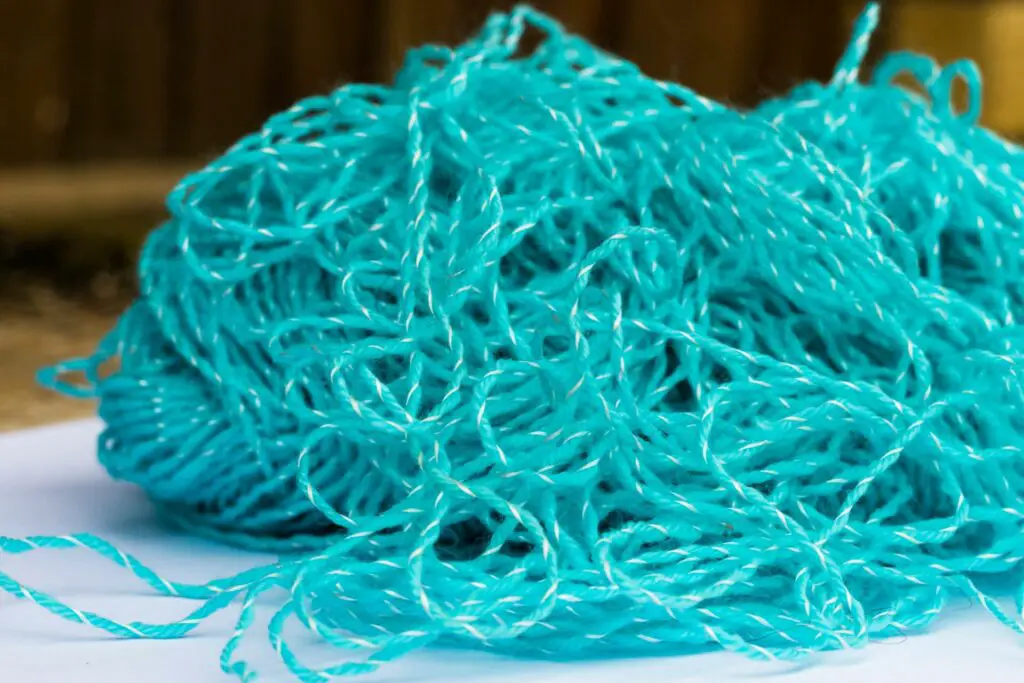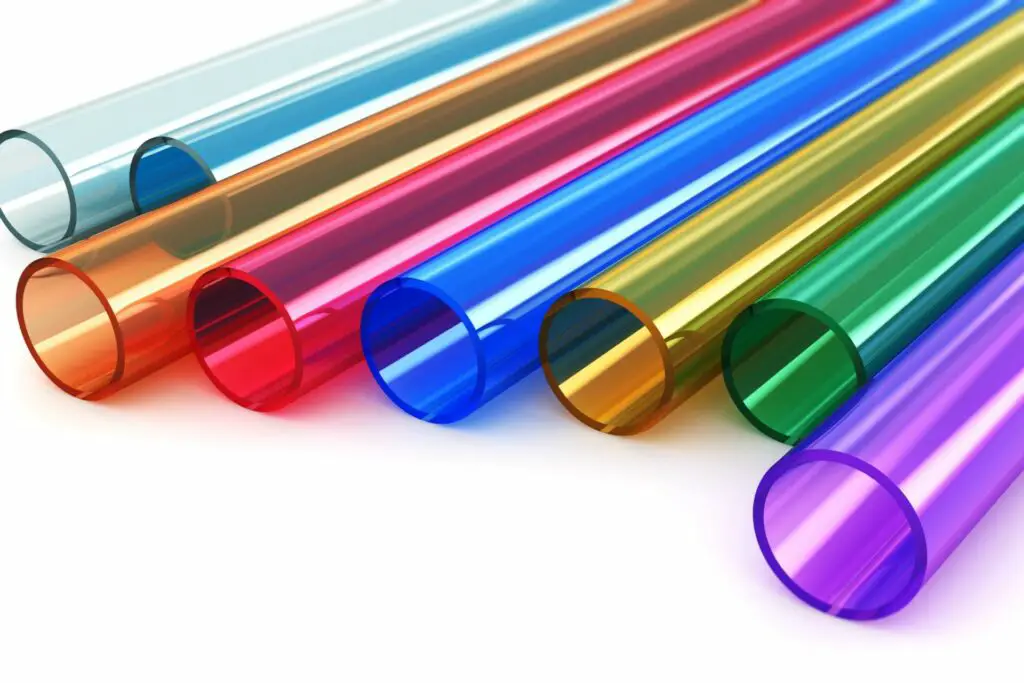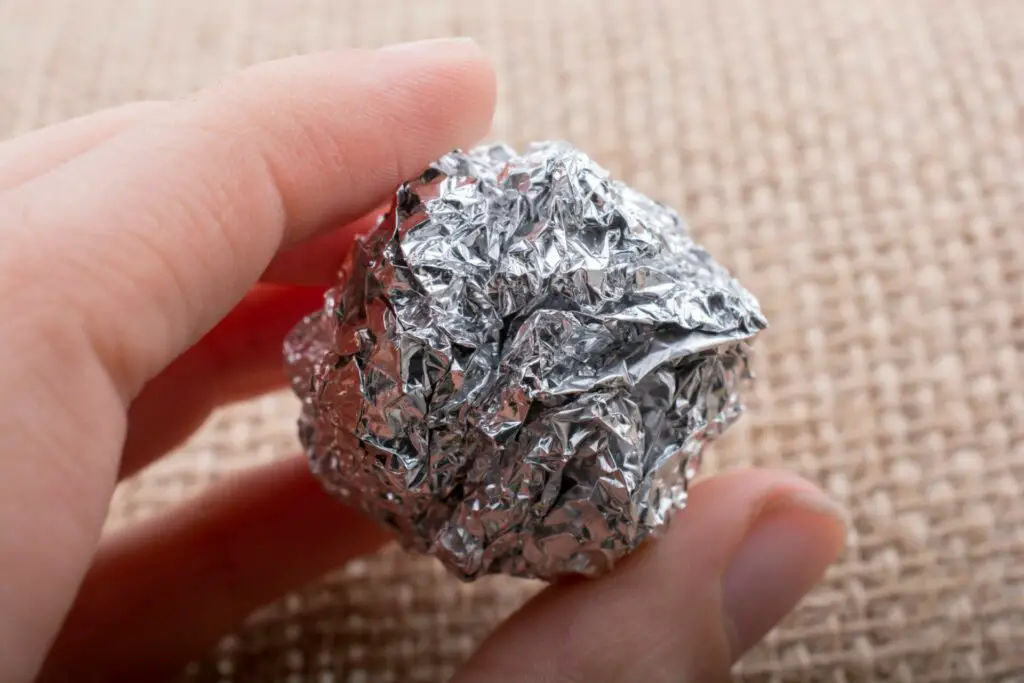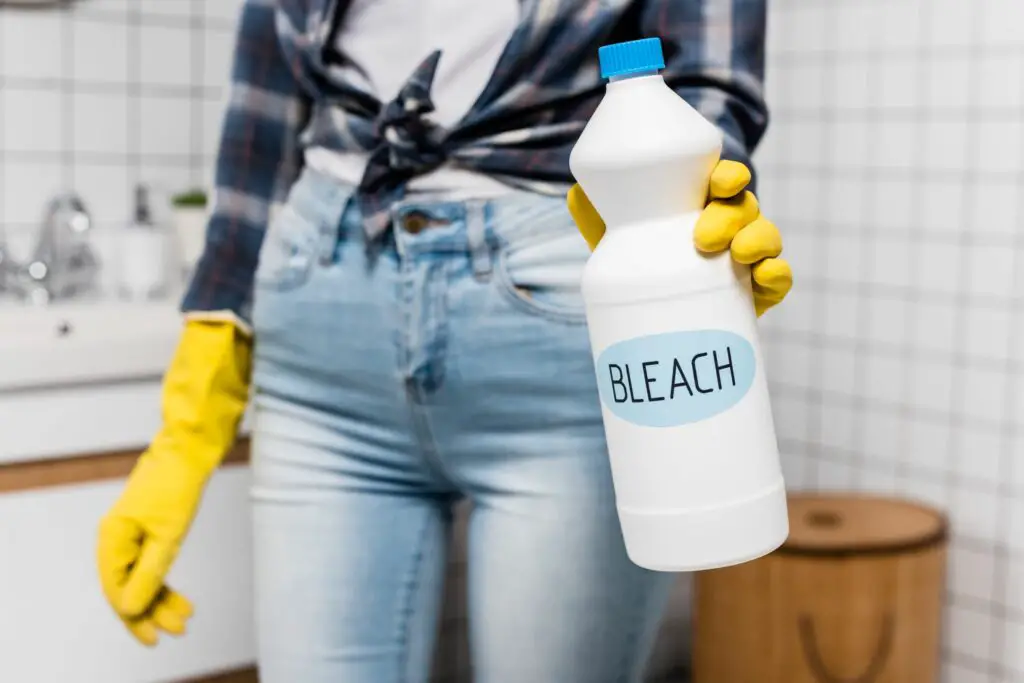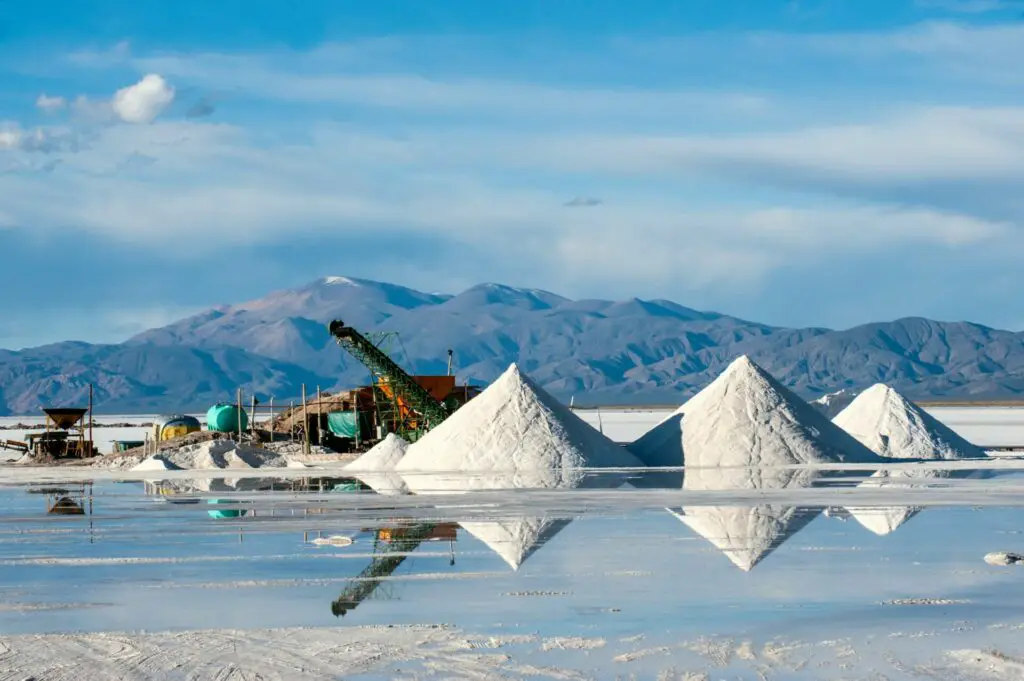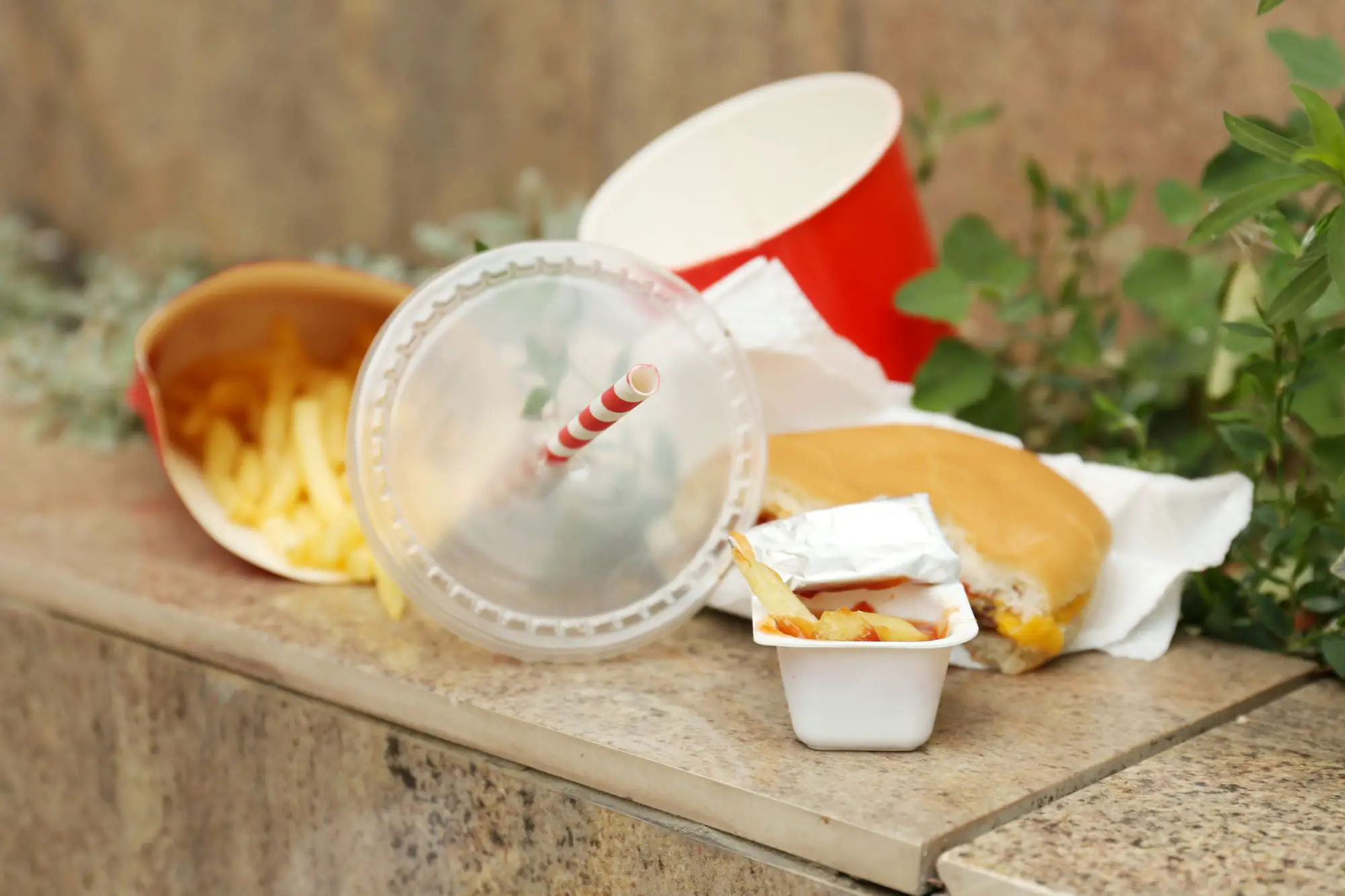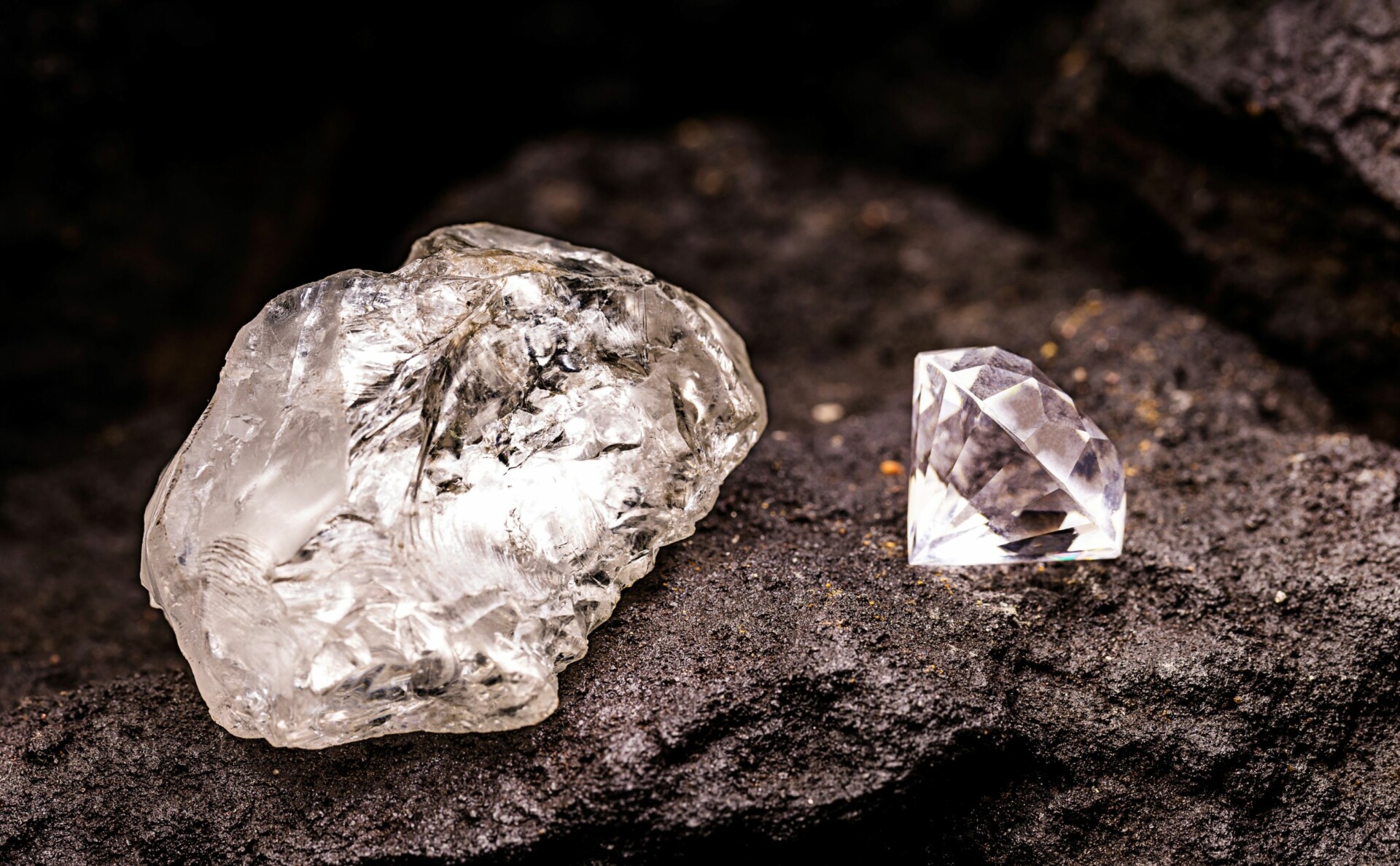Resin has been in use in industrial settings for almost 100 years as a coating to make surfaces easier to clean.
But recently, the use of resin has been popular for crafting and use in home decor, particularly for jewelry, keychains, coasters, and even furniture.
The increase in the use of resin raises the question of whether or not resin is eco-friendly.
After all, more use means that more resin has to be produced, right?
But it also means more waste as well.
Unfortunately, most resin is not eco-friendly. In this article, we’ll explore why that is the case.
1. How Is Resin Made?
Most resin is a synthetic material that is a form of plastic.
Plastics are a result of refining crude oil into a form that can be used for a specific purpose.
In the case of making resin, large amounts of crude oil are heated to be broken down into smaller hydrocarbon molecules called monomers.
Examples of monomers include ethylene and propylene, but the exact type of monomer that is produced just depends on what kind of plastic is being made.
Once the monomers are created, they are put through a different chemical process where monomers are combined into polymers to produce resin.
Dyes and other chemicals are then added to give the resin different properties depending on what it will be used for.
Resin can then be hardened into a form of plastic or left in its liquid form to be packaged and sold.
2. Are There Different Types Of Resin?
The term resin doesn’t just refer to one material, but rather a family of materials, with most being made from plastic.
There are actually a lot of different categories of resin that are used in the manufacturing of plastic goods, but listing all of the categories would be far too in-depth to cover in this article.
But there are four common types that are used by you and me for the purpose of doing arts and crafts or coating and sealing surfaces.
They are also frequently used in the production of common, everyday items.
Epoxy Resin
Epoxy resin is used to make adhesives, paint, primer, and sealer and is commonly used as a coating for flooring.
This type of resin is one of the most popular forms because it can make surfaces easy to clean, hardens to protect surfaces from moisture, and is easy to use for crafting.
Polyester/Fiberglass Resin
You may hear this type of resin referred to as either polyester or fiberglass resin.
It’s also very widely used, especially in restaurants, kitchens, bathrooms, and other areas that require a lot of cleaning.
Polyester/Fiberglass resin can also be used for sealing cracks and making repairs.
In fact, one of the most prominent users of this type of resin is the marine industry where it is used in the production of boats.
Polyurethane Resin
The primary use for polyurethane resin is for coating and sealing wood, but there are many subcategories of polyurethane resin that have other uses as well.
Some polyurethane resins can be used to coat leather to make it more durable and easier to clean, especially in the automotive and textile industries where leather is used for upholstery.
Polyurethane resin is also the most commonly used type for molding the soles of shoes.
Silicone Resin
Silicone resin is slightly different from the other types of resin mentioned so far because it isn’t used in it’s liquid form.
Silicone is said to be food safe. It is used to make molds and tools that you would use in the kitchen.
This type of resin has many electrical applications as well due to having a high tolerance for heat and being insulating. Silicone resin also repels water easily.
3. Is Resin Eco Friendly?
Most resins are not eco-friendly because they are the result of crude oil and the refining process.
Both the collection of crude oil and production of resin is very harmful to the environment and its plant, animal, and human populations.
There are lots of harmful chemicals used in the refining process that are released into the environment through the manufacturing company that creates them.
Even if the waste is disposed of properly, it still has the potential to pollute air, water, and soil.
Many people believe that silicone resin is more eco-friendly than epoxy, polyester/fiberglass, and polyurethane resin.
They argue that since the silica used to make it is sourced from sand instead of crude oil, it is safer for the environment and for people than other types of resin.
That may be true, but the silicon extracted from sand still has to be processed and reacted with chemicals in order to make it useful.
That means that silicone resin still has the potential to cause harm to the environment, even if the potential is lower.
4. Is Resin Sustainable?
Any product that is derived from crude oil is not sustainable because crude oil is a non-renewable resource.
The supply of crude oil will eventually run out to do over-drilling and the ever prominent use of plastics.
That means that epoxy, polyester/fiberglass, and polyurethane resins are not sustainable.
Silicone resin is more sustainable because it comes from sand instead of crude oil.
But even silicone is not entirely sustainable due to being produced in combination with chemicals that come from crude oil.
5. Is Resin Biodegradable?
Resin is not biodegradable since it is a product of crude oil refinement.
Any type of plastic material can take hundreds of years to biodegrade and release harmful chemicals into the environment during the process.
Even silicone resin is not biodegradable since it is made with harmful chemicals.
6. Is Resin Compostable?
Resin is also not compostable. Plastic resins either already come in solid form or harden from a liquid to a solid. They don’t compost because they can’t be broken down.
Although silicone is more flexible, it shouldn’t be composted either because it also won’t break down.
Any type of resin is made with harmful chemicals that could be released into the environment through the compost.
7. Is Resin Organic?
The term organic usually refers to plant-based products. But in order to be organic, a plant-based product has to be produced without the use of chemicals.
Resin is not plant-based and is made with all kinds of chemicals during all aspects of the production process. Therefore, it is not organic.
8. Is Resin Toxic?
Resin is more toxic in its liquid form than in its solid form, especially epoxy and polyester/fiberglass resin.
Those particular types of resin are most commonly used by people for household use and are typically purchased in liquid form.
Using epoxy and polyester/fiberglass resin without proper protection such as a respirator can cause the toxic fumes to be inhaled. This can cause asthma or other respiratory issues.
It is also recommended to work in a well-ventilated area and wear gloves when using any type of resin.
Some of the chemicals that make up most resins are thought to cause cancer in both humans and animals. They also have the potential to pollute water and soil.
However, once resin has hardened, the toxicity of it to humans decreases.
Silicone resin is said to be non-toxic and food safe, but silicone resin isn’t used by people in a liquid form.
Even though silicone is still made with chemicals, having such a high tolerance for heat means that those chemicals are less likely to be released into the environment when it is heated.
But keep in mind that even though silicone is non-toxic, it is still made with many of the same chemicals as plastic.
9. Can Resin Be Recycled?
Epoxy, polyurethane, and silicone resins technically can be recycled, but they are complicated to recycle.
Recycling plastics in these forms costs a lot of money and energy because there are only certain ways they can be recycled.
Sometimes recycling them involves the use of chemicals to break them down.
So for people who are trying to be more eco-friendly by recycling these materials, it is important to think about how eco-friendly recycling them actually is.
But having the ability to recycle resin is usually reserved for large corporations and businesses.
You and I can’t recycle resin because it has to be taken to a specific recycling facility that we don’t really have access to.
In other words, you can’t just take resin to your city’s recycling center.
How To Dispose Of Resin Properly
If liquid resin has already hardened, you can dispose of it with your regular household waste.
But if the resin is still a liquid and you try to dispose of it, it can release harmful chemicals into the environment before it eventually hardens.
You also can’t dispose of it by pouring it down the sink, because then it can pollute the water supply.
The recommended way to dispose of liquid resin is to pour it into a container made of HDPE plastic if the resin isn’t in its original container.
HDPE plastic is durable enough to handle strong chemicals like resin without being destroyed by the chemical.
Leave the resin exposed to sunlight for several days until it hardens, then throw it away with your regular waste.
We should note resin may be classified as hazardous waste in some areas, so you should consult with your waste disposal service provider before you dispose of it.
Some areas may recommend that you bring liquid resin to a facility where it can be disposed of with other hazardous waste.
3 Eco Friendly Alternatives To Resin
There are more natural and eco-friendly versions of resin available. But they will cost a little more than synthetic resin.
However, it’s a small price to pay for being less harmful to the environment.
But we should also mention that although these products are more eco-friendly, they are still considered to be somewhat hazardous.
1. EcoPoxy
EcoPoxy resin is a plant-based alternative to epoxy resin that is great for crafting with.
It is certified as a BioPreferred Product by the USDA. There are different colors and finishes available as well.
2. CCR Bioresin
CCR Bioresin can be used for casting and crafting. It is also a Biopreferred Product.
Made from 30% biobased content, it is more eco-friendly than other resins.
3. Seal-Once Eco Friendly Wood Sealer
If you’re using resin as a wood sealer, Seal-Once has a line of sealer and stain products that are better for the environment than other resins.
The Seal-Once company is also a member of the U.S. Green Building Council.
Conclusion
Most resin is not an eco-friendly product since it is derived from crude oil and made with a lot of harmful chemicals.
The types of resin used for crafting, coating, and sealing are considered to be hazardous in some places.
Silicone resin is slightly more eco-friendly, but it isn’t used in a liquid form for crafting and coating in the same way that epoxy or polyurethane resins are used.
More eco-friendly versions of liquid resin are available, but even these contain small amounts of harmful chemicals in order for them to harden properly, so they aren’t 100% eco-friendly or safe.
You Might Also Like…
- Is Fast Food Bad for the Environment? (& What You Can Do)
- Is Fabric Softener Bad for the Environment? (+5 Eco-Friendly Options)
- Is Fuel Dumping Bad for the Environment? (& How Often It Happens)
- Is Electricity Generation Bad for the Environment? (What You Should Know)
- Is Dry Cleaning Bad for the Environment? (4 Surprising Facts)
- Is Diamond Mining Bad for the Environment? (Important Facts)
- Is DEET Bad for the Environment? 4 Effects (You Should Know)
- Is Cat Litter Bad for the Environment? (5 Common Questions)
- Is Burning Cardboard Bad for the Environment? (6 Facts)
- Is Burning Paper Bad for the Environment? (6 Surprising Facts)
- Is Burning Leaves Bad for the Environment? (7 Quick Facts)
- 4 Natural Cleaners for Quartz Countertops
- 6 Eco-Friendly Acrylic Paint Brands (For Sustainable Artists)
- 5 Eco-friendly Alternatives to Acrylic Paint (& How to Make Them)
- Is Acrylic Paint Bad for the Environment? (7 Quick Facts)
- Is Acrylic Yarn Bad for the Environment? 8 Crucial Facts
- Is Acrylic Bad for the Environment? (8 Quick Facts)
- Is Aluminum Foil Bad for the Environment? 7 Quick Facts
- Is Bleach Bad for the Environment? 6 Crucial Facts
- Is Lithium Mining Bad for the Environment? 6 Crucial Facts

